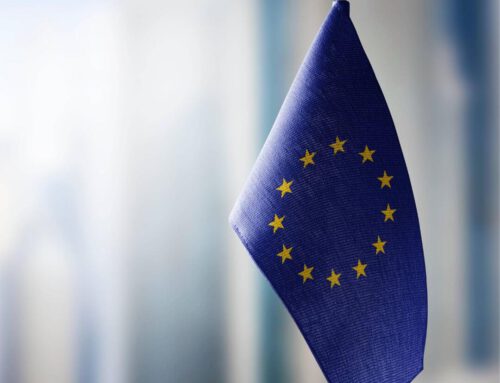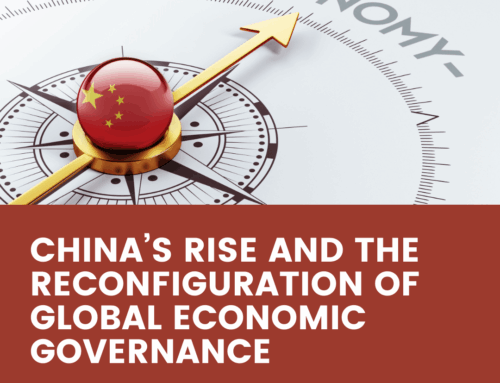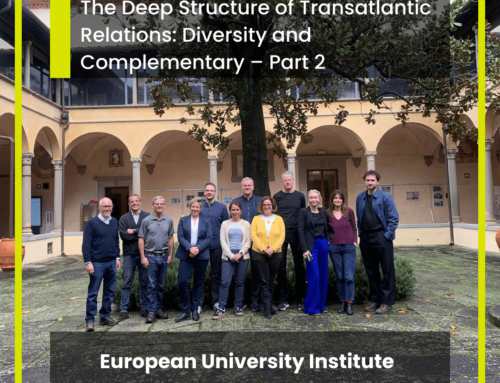Recent scholarship has highlighted the role of domestic pressures in determining state preferences toward the reform of international organizations (IO s). This article adds a new dimension by examining how partisanship and ministerial control affect state preferences toward IOempowerment. The article derives two expectations from the existing literature. First, partisan position will determine preferences toward IO empowerment. Second, when a government is constituted by multiple parties, the position of the party with the IO’s ministerial portfolio will determine the government’s position toward IO empowerment. The article illustrates this argument by examining the positions of four net donors (Germany, France, the United Kingdom, and the United States) and two net recipients (Brazil and India) during the World Bank’s reforms. By bringing domestic politics back in, this article complements existing studies on the politics of IOreform and weighs in on central debates in comparative politics and international political economy.
“Heldt, E. C., and Mahrenbach, L. C. (2020). Reforming International Organizations, Global Governance: A Review of Multilateralism and International Organizations, 26(4), 601-627. doi: https://doi.org/10.1163/19426720-02604001.





